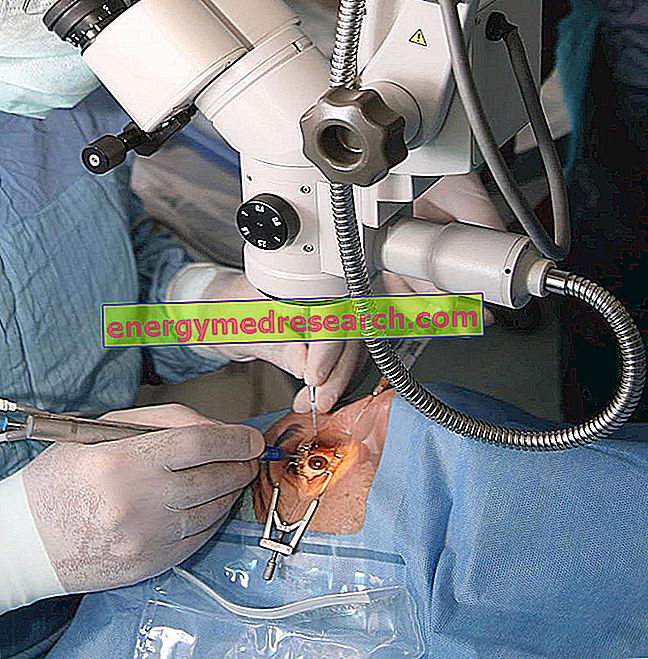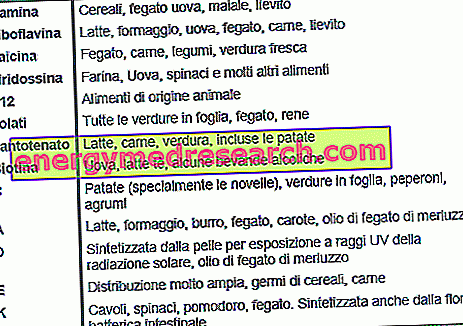
The cornea is the transparent membrane of the eye that covers the iris and the pupil .
Being a very delicate area with limited self-repairing possibilities, an injury could also have serious consequences and make the so-called corneal transplant necessary.
Cornea transplantation is the surgical procedure by which total or partial replacement of the original cornea is performed, severely damaged, with a similar healthy element, coming from a recently deceased donor or of synthetic origin.
Most corneal transplants are reserved for people with keratoconus, a morbid condition of the eye that can cause a significant loss of vision even at a young age .
One of the most feared complications of corneal transplantation is rejection, which is the exaggerated reaction set in motion by the immune system against the "new" implanted organ. Moreover, the immune system of a specific organism is used to recognize and attack everything that is foreign to the organism itself.
Fairly common phenomenon - it actually affects one transplanted in 5 (therefore 20% of patients) - corneal rejection manifests itself with different symptoms and signs, including:
- Blurred vision
- Eye redness
- Light sensitivity ( photophobia )
- Pain in the operated eye
In the presence of such symptoms, the best thing to do is to contact your doctor as soon as possible to explain the problem. With a timely provision, it is possible to stop the complication evolving.
Ocular inflammations contribute to increasing the risk of rejection, for example due to smoky environments, irritating substances, dust or particularly windy days.
OTHER COMPLICATIONS
In addition to rejection, corneal transplantation may also involve other complications, such as:
- Astigmatism
- Glaucoma
- Uveitis
- Retinal detachment
- The reappearance of the morbid condition that made transplantation necessary
- Small reopenings of surgical wounds. Remember that the repair of the cornea is very slow, so a wound to the damage of the same heals very slowly.
- Infections, especially when surgical wounds are healing.



